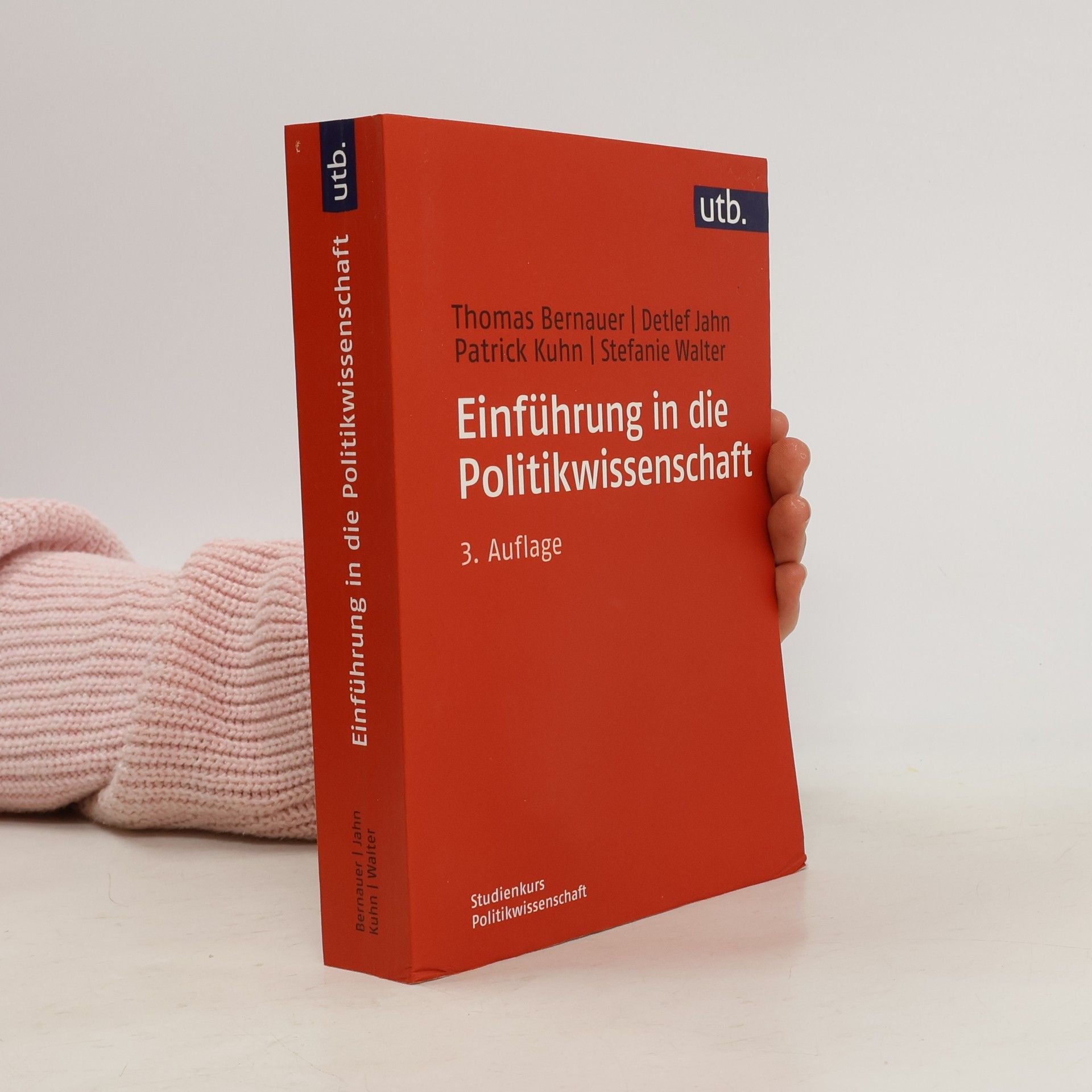Financial Crises and the Politics of Macroeconomic Adjustments
- 272pages
- 10 heures de lecture
When are policy makers willing to make costly adjustments to their macroeconomic policies to mitigate balance-of-payments problems? Which types of adjustment strategies do they choose? Under what circumstances do they delay reform, and when are such delays likely to result in financial crises? To answer these questions, this book examines how macroeconomic policy adjustments affect individual voters in financially open economies and argues that the anticipation of these distributional effects influences policy makers' decisions about the timing and the type of reform. Empirically, the book combines analyses of cross-national survey data of voters' and firms' policy evaluations with comparative case studies of national policy responses to the Asian Financial Crisis of 1997/8 and the recent Global Financial Crisis in Eastern Europe. The book shows that variation in policy makers' willingness to implement reform can be traced back to differences in the vulnerability profiles of their countries' electorates.


